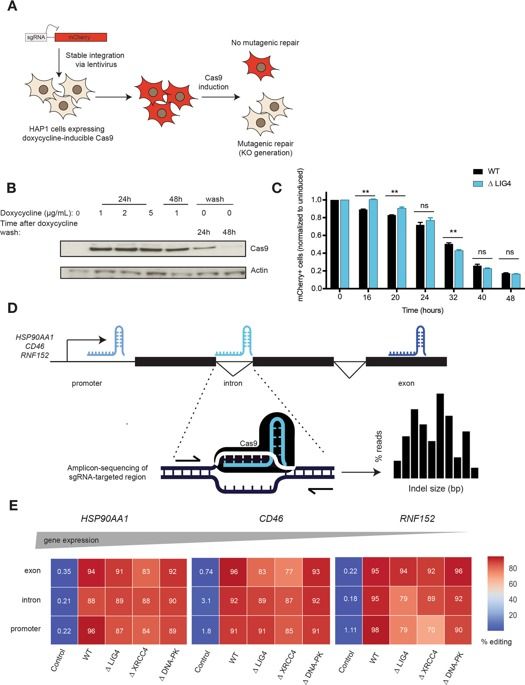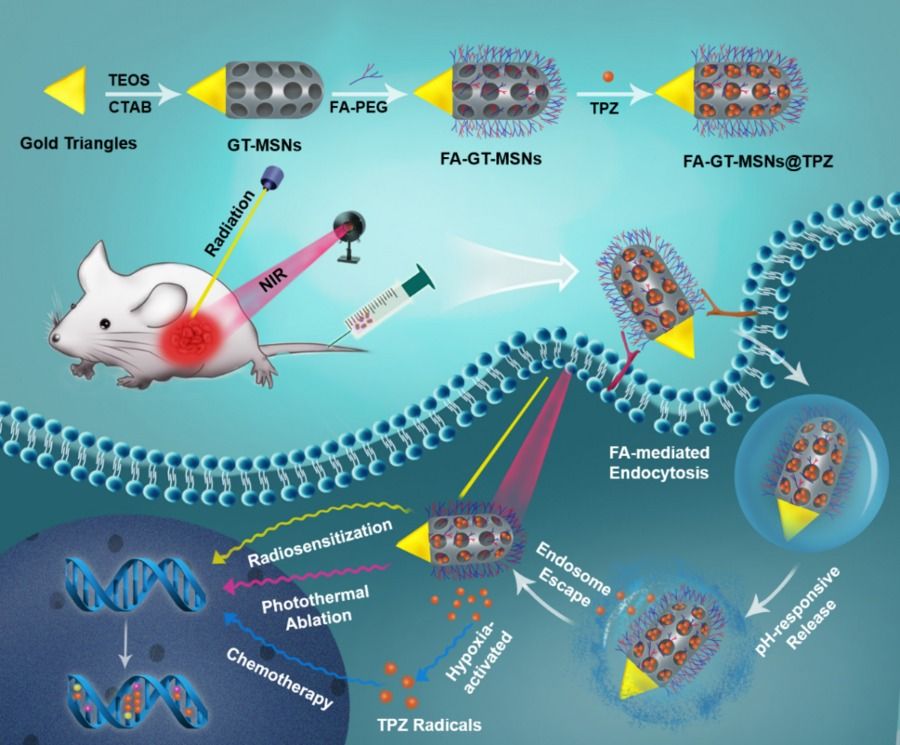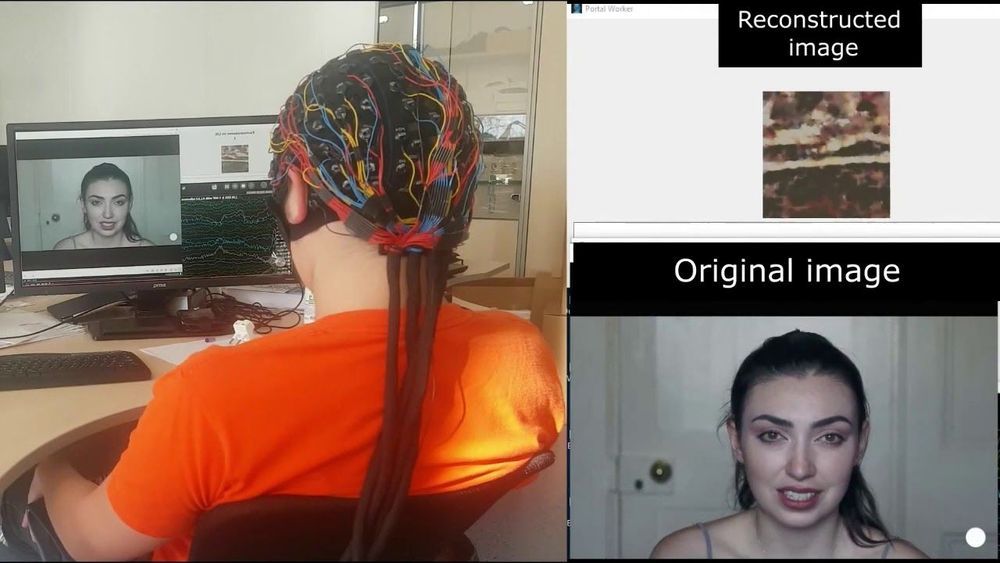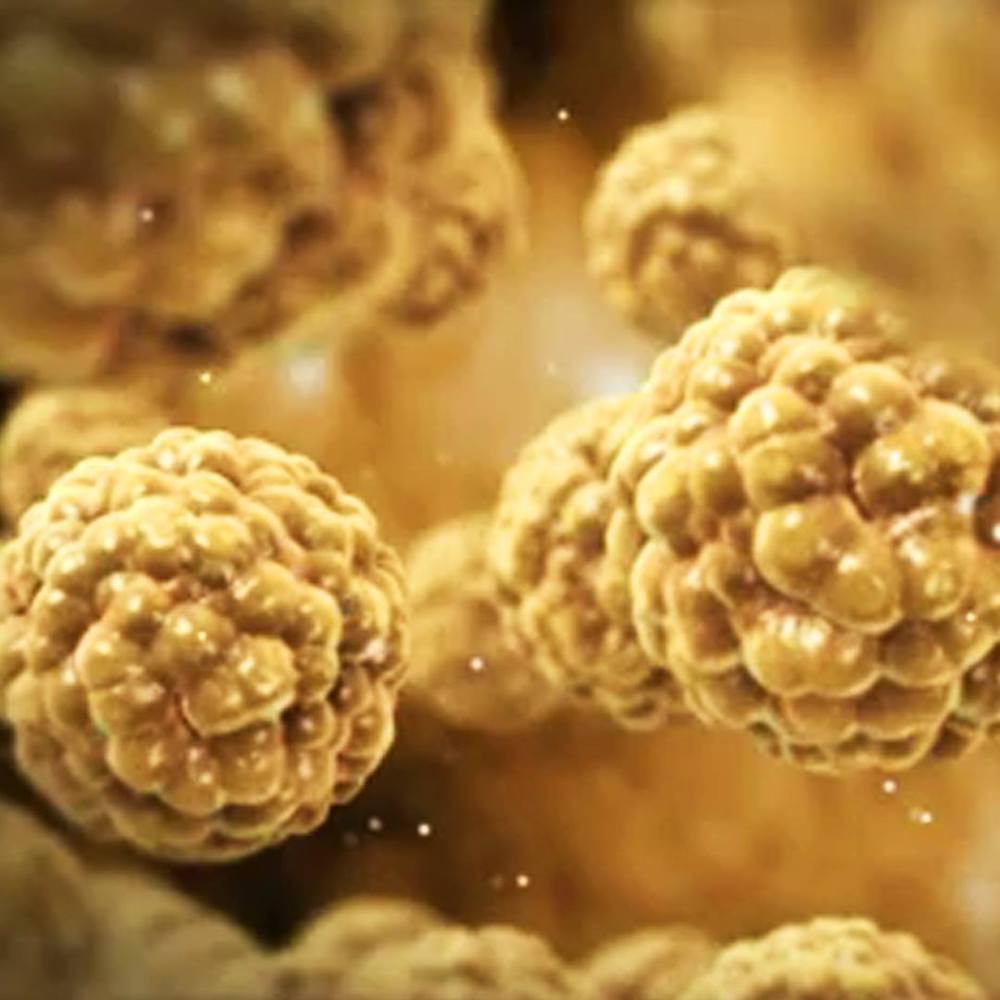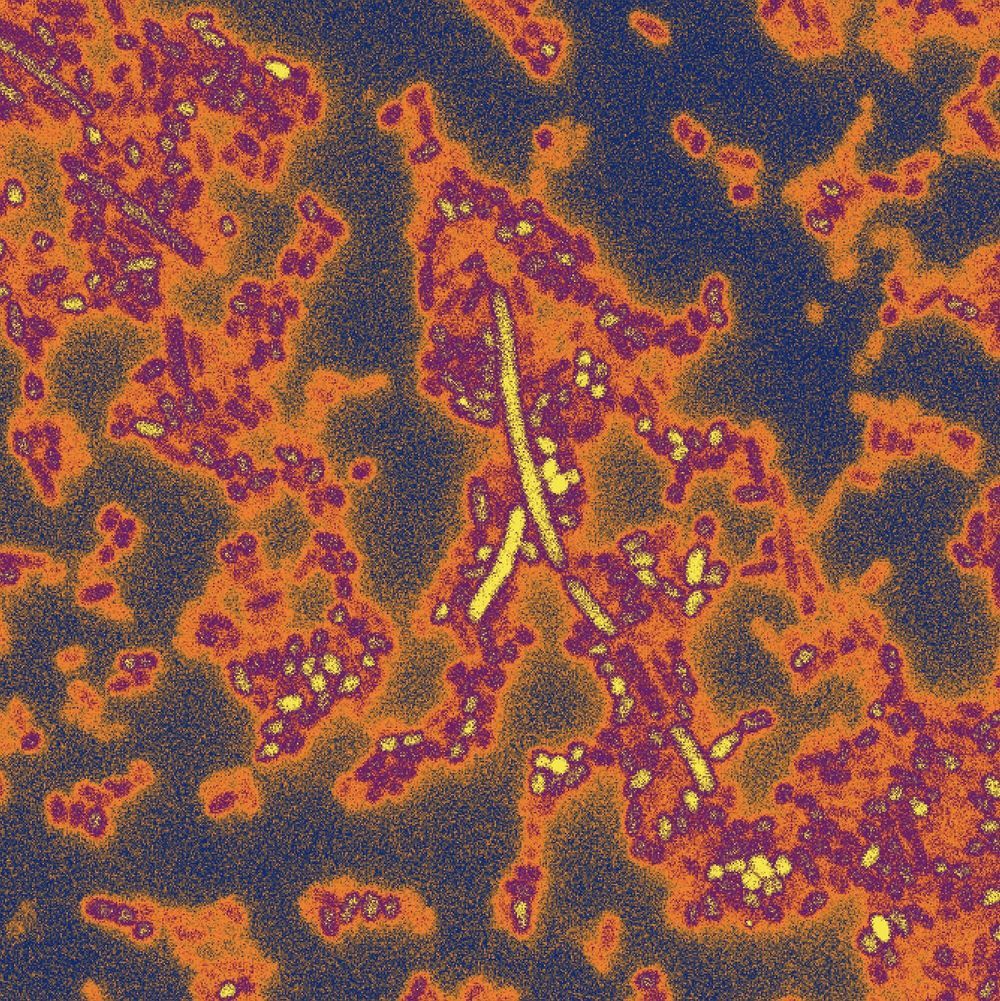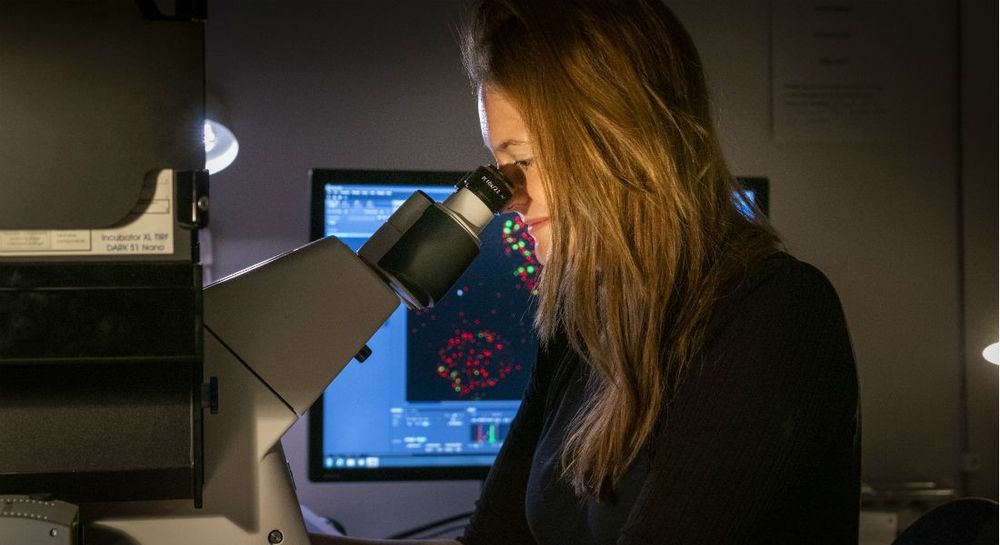Computer giants are racing to build the first quantum computer, a device with millions of times more processing strength than all the computers currently on Earth combined. This technology will harness the unusual laws of quantum mechanics to bring unimaginable advances in fields like materials science and medicine, but could also pose the greatest threat to cybersecurity yet. VICE’s Taylor Wilson meets the scientists at the cutting edge of this new age of computing.
Check out VICE News for more: http://vicenews.com
Follow VICE News here:
Facebook: https://www.facebook.com/vicenews
Twitter: https://twitter.com/vicenews
Tumblr: http://vicenews.tumblr.com/
Instagram: http://instagram.com/vicenews
More videos from the VICE network: https://www.fb.com/vicevideo


